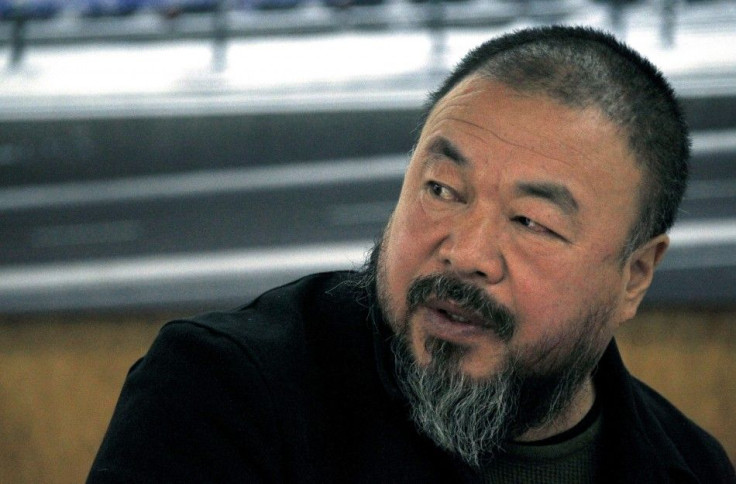China Returns Dissident Artist Ai Weiwei's Passport After 4 Years

BEIJING (Reuters) - Chinese dissident artist and free speech advocate Ai Weiwei said that authorities in Beijing returned his passport on Wednesday, more than four years after it was confiscated following his 81-day secret detention.
Ai, 58, told Reuters by telephone that police from the Exit and Entry Bureau, which issues passports to Chinese citizens, called him on Wednesday morning to collect his passport, which he now has in hand.
The surprise move comes amid a deepening crackdown on civil society in China.
With his passport he should now be able to attend a retrospective of his work at London's Royal Academy of Art in September. His non attendance would generate unwanted negative headlines about China in Britain a month before President Xi Jinping is due to visit.
Ai said he is legally allowed to travel outside China, but that will depend on whether other countries issue him visas.
"I'm not surprised because in reality, they've said they would return me my passport for many years," Ai said. "They've never said they would never give it to me, except that it has dragged on for four years."
The Ministry of Public Security, which runs the Exit and Entry Bureau, did not respond to a faxed request for comment.
Ai's supporters in the West have called on their governments to lobby China to return Ai's passport to him. Ai has not been able to attend teaching engagements and exhibitions inGermany, the United States and England.
Ai said the first country he would want to travel to is Germany, where he would like to have a medical check-up and visit his son, who has been living in Berlin for 11 months.
In 2011, Ai was detained without any charge and held mainly in solitary confinement, sparking an international outcry. A court later upheld a $2.4 million fine against Ai for tax evasion.
The world-renowned artist maintains the charges from the tax evasion case were trumped up in retaliation for his criticism of the government.
In November 2013, the artist started protesting his travel ban by putting flowers in the basket of a bicycle outside his Beijing studio and home. On Twitter, he said he would do it every day until he "regains the right to travel freely". On Wednesday, he said it had been 600 days.
Police did not give Ai "any additional conditions or warnings" for the return of his passport, he said, adding that it was "very relaxed".
Ai said he could not say why authorities decided to return it to him now, but he took it to mean "there aren't any problems". He said the government surveillance has eased substantially and that he was confident that authorities would allow him to return if he left.
"Now that they've let me go abroad, I believe they will let me return home," he said.
© Copyright IBTimes 2025. All rights reserved.





















